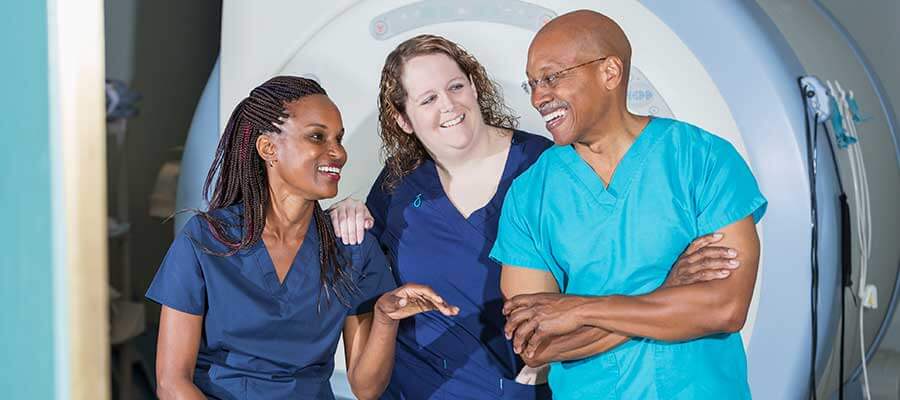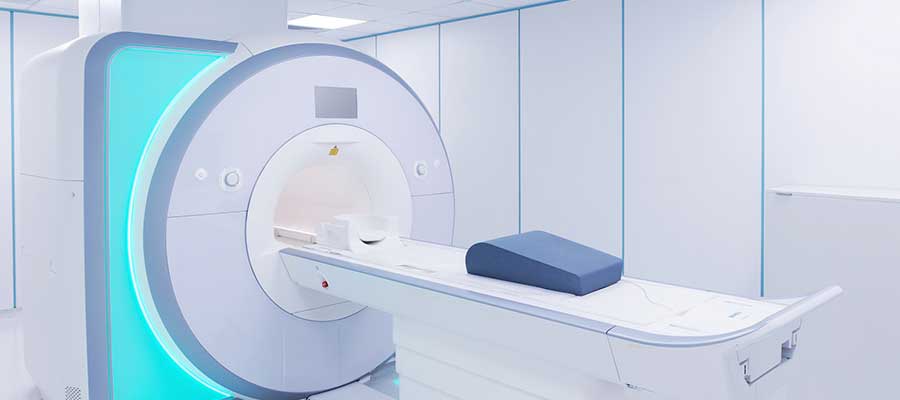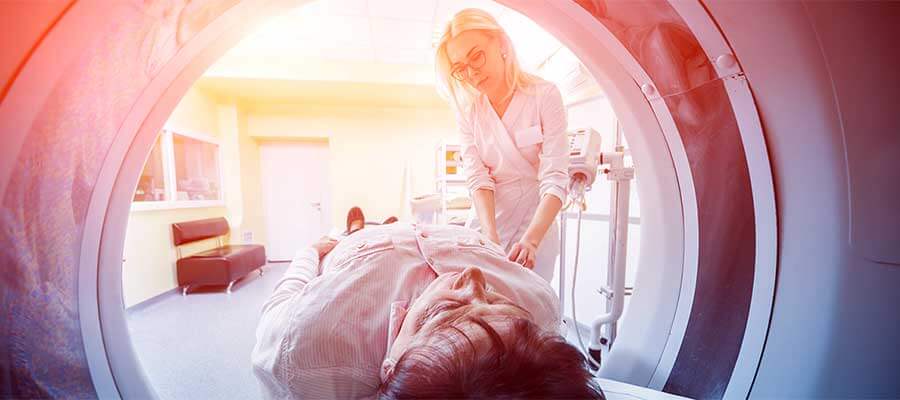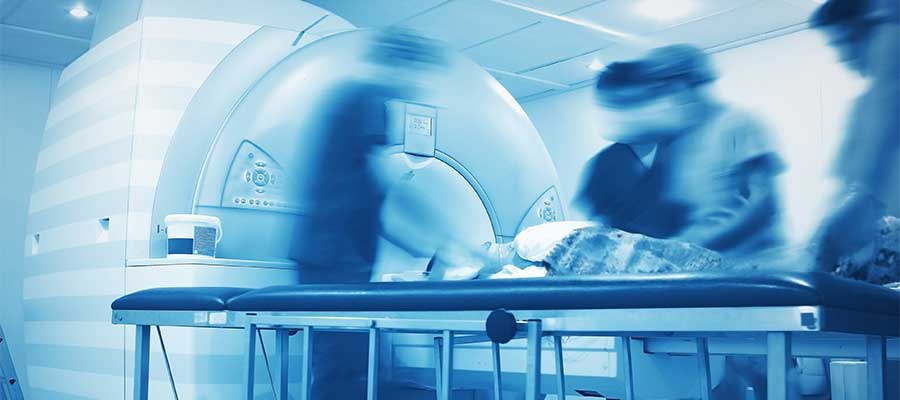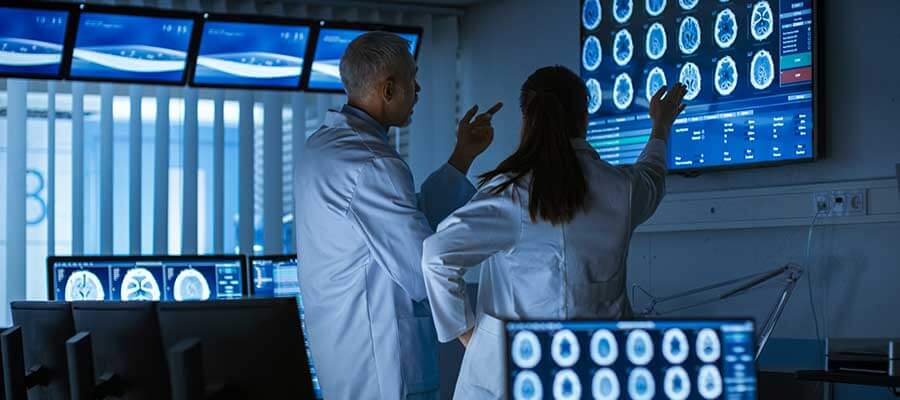Imagine this: you’re sitting in a waiting room about to get your first MRI scan. You’re nervous, unsure of what’s about to happen. Then the technologist greets you, explains the process, and calmly guides you through the exam. That moment of reassurance comes from someone who once sat in an MRI program classroom, learning not only how to run the machine but also how to connect with patients.
If you’re thinking about becoming an MRI technologist, it’s important to understand what lies ahead. This career path requires time, effort, and commitment, but it also opens doors to a stable and rewarding profession in healthcare. The journey involves completing an MRI program, gaining hands-on experience through clinical training, and passing certification exams before you can begin practicing. Preparing yourself with the right mindset and knowledge upfront ensures that you’ll make the most of the opportunity.
Why Planning and Preparation Matter
Enrolling in an MRI program isn’t just a casual decision—it’s an investment of both time and money. That’s why planning is essential before you get started. Researching the role of an MRI technologist helps you understand the daily responsibilities, challenges, and opportunities in the field. This preparation prevents surprises down the road and allows you to step into your training with confidence.
So what does the role really look like? MRI technologists are much more than button-pushers. They review patient medical histories, explain procedures clearly, and ensure every patient feels safe and comfortable during their scan. On the technical side, they operate and maintain MRI machines, position patients correctly, and check image quality before sharing results with physicians. While many work in hospitals, others are employed in outpatient diagnostic centers or physician offices, making it a versatile career with plenty of options.
The job outlook is strong as well. With more than 45,000 certified MRI technologists currently working in the U.S., the profession continues to grow. Advancements in imaging technology and an aging population mean that demand will remain high for years to come, creating excellent job security for those entering the field.
What Quality MRI Programs Teach You
A strong MRI program does more than cover the basics—it prepares you for every aspect of the profession, blending classroom instruction with clinical practice. Students typically begin with core subjects like anatomy, physiology, and biology, which provide the foundation for understanding what’s being scanned. From there, training expands into specialized modules that focus on the realities of the job.
One major area of emphasis is safety. While MRIs don’t use ionizing radiation like X-rays or CT scans, the strong magnetic field requires careful screening and strict protocols. Programs train you to follow safety procedures that protect patients and staff before anyone enters the scanner room.
You’ll also learn how to operate MRI machines, run quality checks, and handle routine maintenance to keep equipment functioning smoothly. Beyond operation, programs teach you to evaluate images for clarity and accuracy, a skill that directly impacts a physician’s ability to diagnose conditions correctly.
The most transformative part of training often happens in clinical rotations. These real-world experiences allow you to apply what you’ve learned while working with actual patients and medical teams. Clinical hours are where students gain confidence—whether it’s helping an anxious patient stay calm or adjusting positioning to capture a sharper scan. By the time you graduate, you’ll be ready to handle the demands of the job with both competence and compassion.
Taking the Next Step Toward a Rewarding Career
There has never been a better time to pursue this career. Healthcare facilities across the country are in constant need of skilled MRI technologists, and completing a high-quality program ensures that you’ll be ready to step into that demand. Whether you’re starting fresh in the medical field or transitioning from another role, this is a career that offers stability, growth, and the satisfaction of helping patients every single day.
At the end of the day, completing an MRI program is more than checking a box for certification—it’s the gateway to a career that blends cutting-edge technology with meaningful patient care. If you’re ready to begin, Pulse Radiology Institute offers ARMRIT-accredited programs that combine flexible online coursework with hands-on clinical training. With the right preparation, you can build a career that is not only stable and well-paying but also deeply fulfilling.

